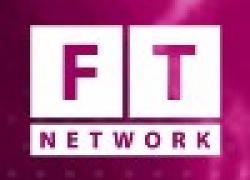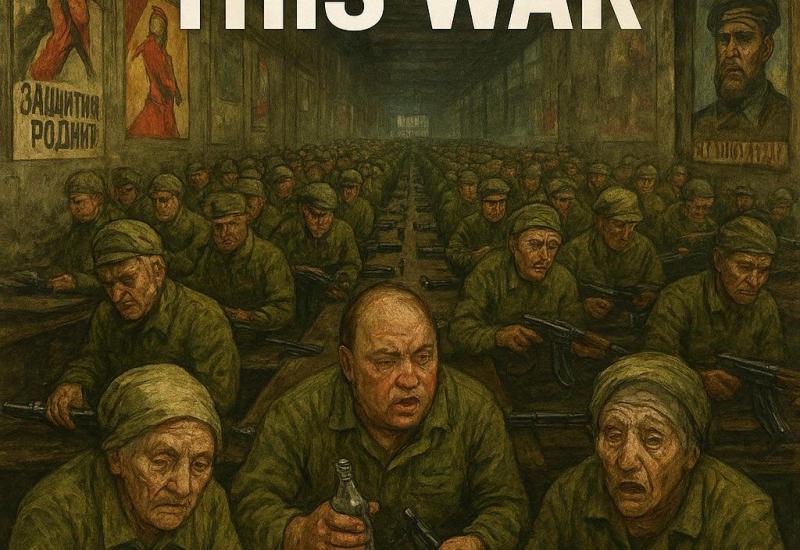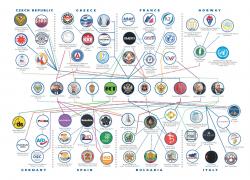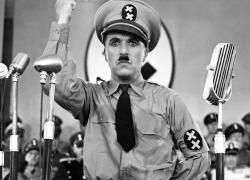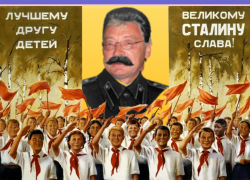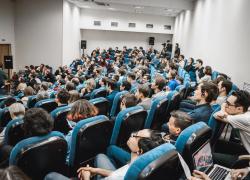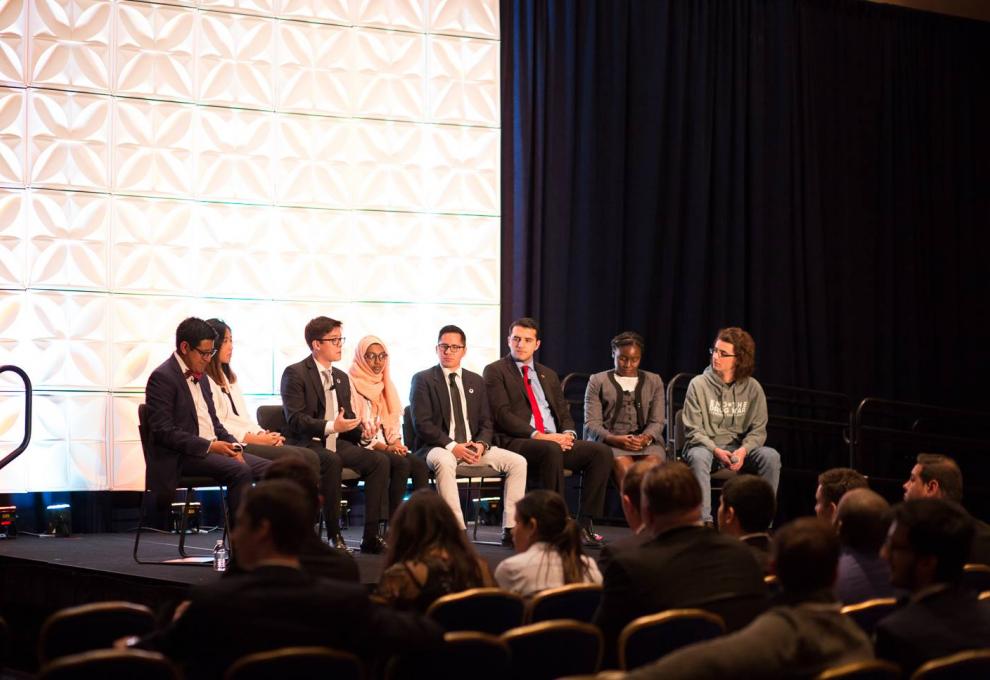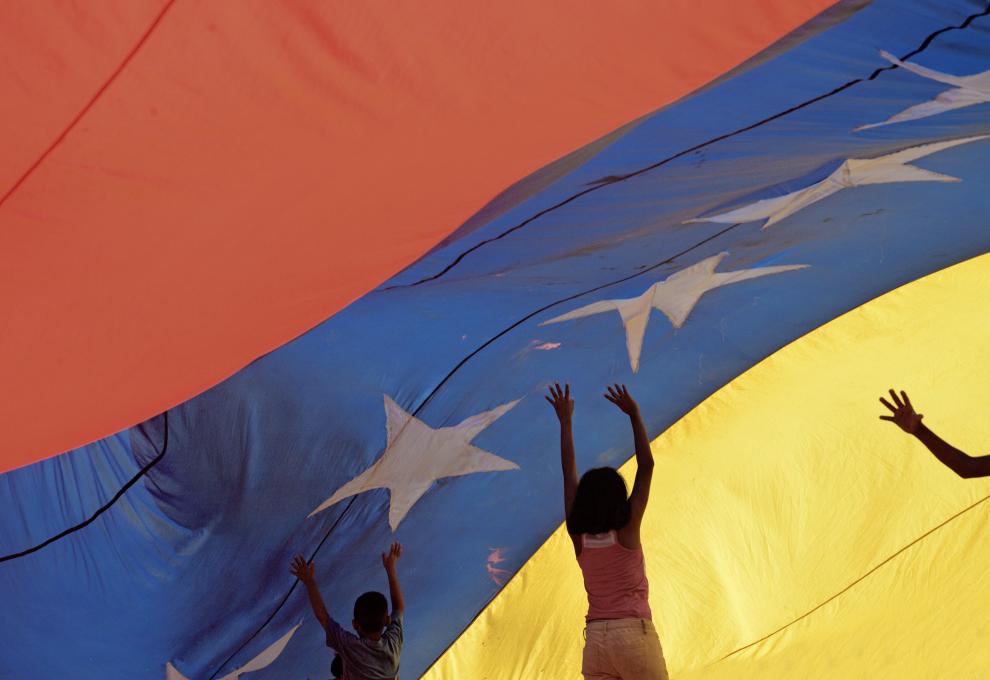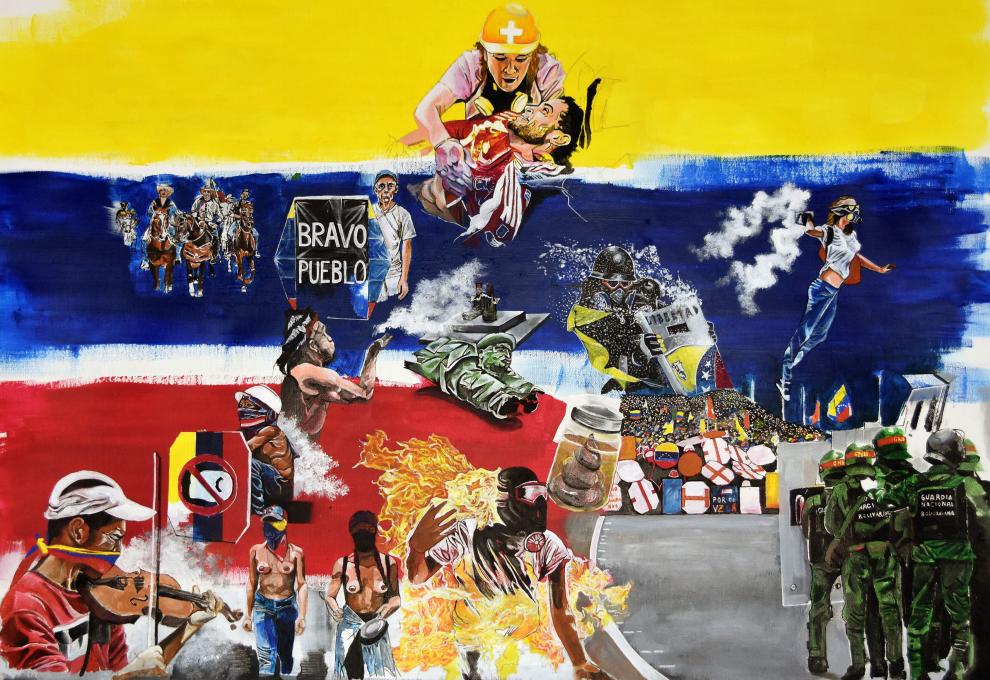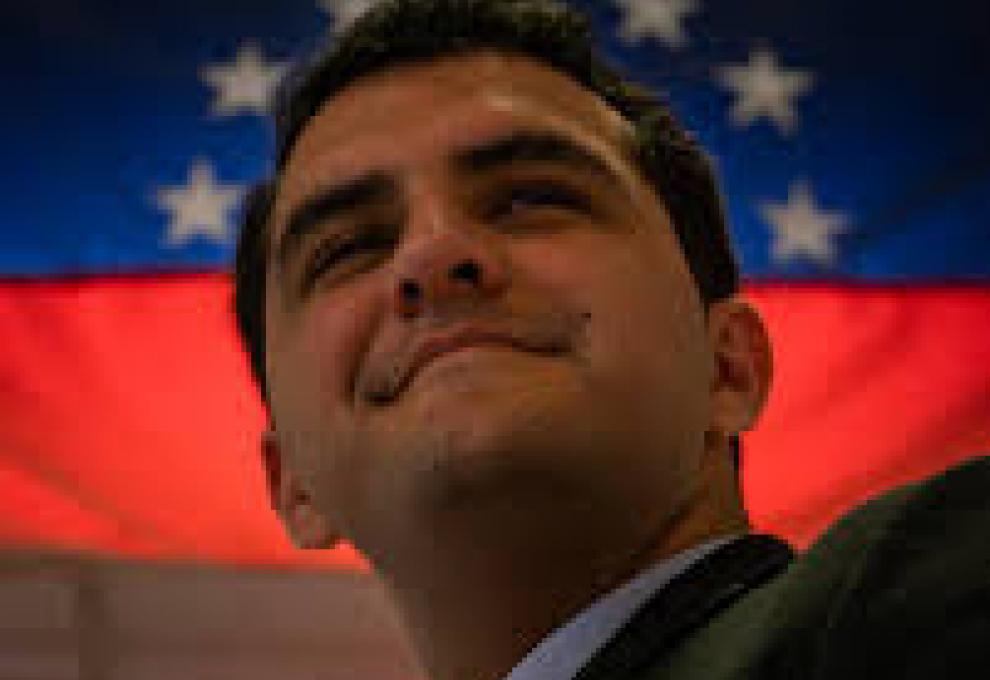The Day After: Venezuela’s Post-Maduro Economic Manifest by Jorge Jraissati
In Venezuela, we have been dedicating our lives to restore our nation’s political and economic freedoms. For years, millions of Venezuelans, under the leadership of the student movement and young political activists, have been peacefully protesting against Maduro’s dictatorial regime, with clear demands: Respect for our basic rights and freedoms such as fair elections, freedom of speech, free enterprise, and rule of law. In response to the people’s demands, Maduro’s repressive groups have incarcerated, tortured, and even killed many Venezuelans. To be more precise, Maduro’s dictatorship have unrightfully incarcerated thousands of Venezuelans, cold- bloodily killed hundreds of Venezuelans, and overall, forced to exile more than five million people.
Economically, Venezuela’s GDP per capita has declined by over 60 percent in the last five years, which is double the size of the U.S. Great Depression of 1929. Moreover, Venezuela is experiencing the highest inflation rate of the world, at well above one million percent per year. Hyperinflation has reduced Venezuela’s minimum wage to $6 a month. Therefore, a Venezuelan worker purchasing power is less than two eggs per day, or 700 calories a day, which results on an average weight loss of eight kilos per year. In summary, Venezuela is the worst economic collapse in the modern history of the western hemisphere. Maduro’s regime condemned an entire nation of 30 million people to a humanitarian crisis unprecedented in our hemisphere. This situation needs to be fixed and needs to be fixed now.
Today, thanks to our hard work and dedication, we have the opportunity to achieve exactly that, a peaceful and constitutional transition towards democracy. We have this opportunity as we have strengthened our position both domestically and internationally. Within Venezuela, we count with an organized civil society lead by Juan Guaidó, Interim President of Venezuela according to article 233 of our constitution. Internationally, we were able to organize the support of 60-plus democratic states, and their diplomatic mechanisms have been highly effective in our efforts to pressure the Maduro regime. Together, Venezuelans and the international community, we are achieving something that many people considered impossible, freeing the Venezuelan people from the Maduro regime. Overall, in Venezuela our roadmap is clear:
1. End Maduro’s usurpation of power
2. Establish a transition government
3. Hold free elections.
All our efforts are into achieving this process, a peaceful political transition towards democracy. However, this article is not about Venezuela’s political transition, but rather the fundamental component of it, rebuilding our economy so we can provide decent and well-paid jobs to our people. In Venezuela, we are convinced that reigniting our economy is the fundamental component of achieving a successful transition from authoritarianism towards liberal democracy. As a result, we have an economic plan entitled “Venezuela’s National Plan” in which property rights will be established, hyperinflation will be stopped, and prices will be liberalized. The plan proposes the rearranging of Venezuela’s institutional framework by reestablishing property rights to promote innovation, free trade to increase division of labor, and rule of law to incentivize investment. In addition, the plan not only incorporates an immediate humanitarian aid program to alleviate Venezuela’s humanitarian crisis but also commits to stimulate Venezuela’s most important asset, its oil industry. Overall, our plan will rebuild Venezuela’s productive apparatus and millions of Venezuelans will exponentially improve their living conditions. With Venezuela’s National Plan, our nation will stop being a humanitarian crisis and will begin its economic recovery towards the prosperous nation was always destined to be.
Immediate Humanitarian Aid Program
Fixing Venezuela’s humanitarian crisis is our immediate commitment. Right now, while you are reading this, there are millions of Venezuelans in endangering situations such as the immediate necessity of cancer treatment. With our humanitarian aid program, we will be able to deliver to the Venezuelan people first necessity goods such as antibiotics, dialysis treatment, nutrients, among others. By no means, we are considering this humanitarian aid program as a long-term solution to Venezuela’s economic problems. Maduro’s policies have resulted in severe shortages of food and medicines, so this program will counteract this circumstance at the short-run in order to save the lives of millions of Venezuelans. We are confident our market-oriented policies will rebuild Venezuela’s economy so no more humanitarian help is needed in the future.
Monetary Stability
Venezuela has the highest inflation rate in the world. In 2018, Venezuela’s inflation rate exceeded one million percent, as prices doubled every few days. Monetary stability is crucial for the proper functioning of markets, including the job market. As a result, Venezuela’s hyperinflation has resulted in wages declining dramatically, and economic agents losing all confidence in Venezuela’s national currency. Today, Venezuela’s minimum wage is the worst in the region. With the help of international financing, Venezuela can achieve monetary stability. Venezuela needs to implement a currency board, which would allow the central bank to create domestic currency only when it has added the equivalent amount of dollars to its reserves. To achieve this, Venezuela needs international financial assistance, probably led by the IMF, along with the restructuring of Venezuela’s public debt.
Price Liberalization
With monetary stability, Venezuela can liberalize its prices. Venezuela’s biggest structural problem is its current distorted system of relative prices. The Venezuelan economy is “operating” with price caps in almost all its industries, from basic goods and services to the entire Venezuelan foreign exchange market. Price caps have considerably increased corruption, black market activity, and collusion between public officials and crime networks. A price liberalization will eliminate Venezuela’s shortages of basic goods. In addition, the free fluctuation of prices allows market agents to coordinate their economic activities. Therefore, it will increase the overall productivity of the Venezuelan economy and allow the Venezuelan workers to increase their purchasing power.
Restoring Venezuela’s Oil Industry
With a stable currency and an economy that allows economic calculation among its agents,Venezuela can attract investment to reignite its industries, including its most important asset, the oil industry. Because of the politicization of PDVSA, the Venezuelan state-owned oil industry, the company is producing only 1.17 million barrels per day. Back in 1998, when Chavez took office, PDVSA produced 3.5 mbpd. To produce at the same levels of 1998, Venezuela needs a seven-year annual investment of 30 billion dollars, which has to be accomplished by opening the industry to private investments. Economically, opening the oil industry to foreign and domestic capitals will revitalize Venezuela’s most internationally competitive industry. Politically, breaking the prejudicial relation of a petro-state is crucial for the proper functioning of liberal democracy.
Reestablishing Property Rights in Venezuela
On paper, article 115 of the Venezuelan constitution protects property rights in Venezuela. However, in practice, Venezuela has experienced widespread expropriations since 2001. Chavez nationalized steel companies (SIDOR), cement companies (CEMEX), and food suppliers such as Lacteos Los Andes, Café Fama de America, among others. As of today, most industries in Venezuela have been nationalized. Industries that were productive are now days controlled by the military government of Venezuela. As a result, property rights need to be restored in Venezuela. Among our proposals, we plan to give back all expropriated all to its real owners.
Conclusion
This is just a summary of the monumental challenge we have in Venezuela moving forward. I am planning to write more in detail about each part of our economic program. We have been fighting for years to have our freedoms back, and this plan does exactly that. We need to give Venezuelans back their economic freedoms such as the right to own property, the right to set prices, the right to trade with foreign entrepreneurs, and the right to live in an economy without subsidies, privileges, and monopolies. I believe it is extremely important to communicate our economic plan to the world. We want the world to know that we are committed to implementing an institutional framework that will bring back stability and prosperity to our nation. We believe that rebuilding our economy is crucial to achieving a peaceful political transition. Above all, I firmly believe, from the bottom of my heart, that the days of a commanded economy are over in our nation. I am sure that Venezuela, a free Venezuela, with democratic institutions and a liberal economy, will become the most important economic miracle of the XXI century.
by Jorge Jraissati
Jorge Jraissati is the President of Venezuelan Alliance
Jorge Jraissati had to flee from Venezuela, among the most followed and recognized young political figures of his country, Jorge speak out about the human rights violations of the current Venezuelan regime, the results of socialist economic policies, necessary reforms and, most importantly, the ongoing fight for liberty in Venezuela.
Venezuelan Column
Fantastic stuff Jorge! We love u and im sure well be free! Te queremos!


